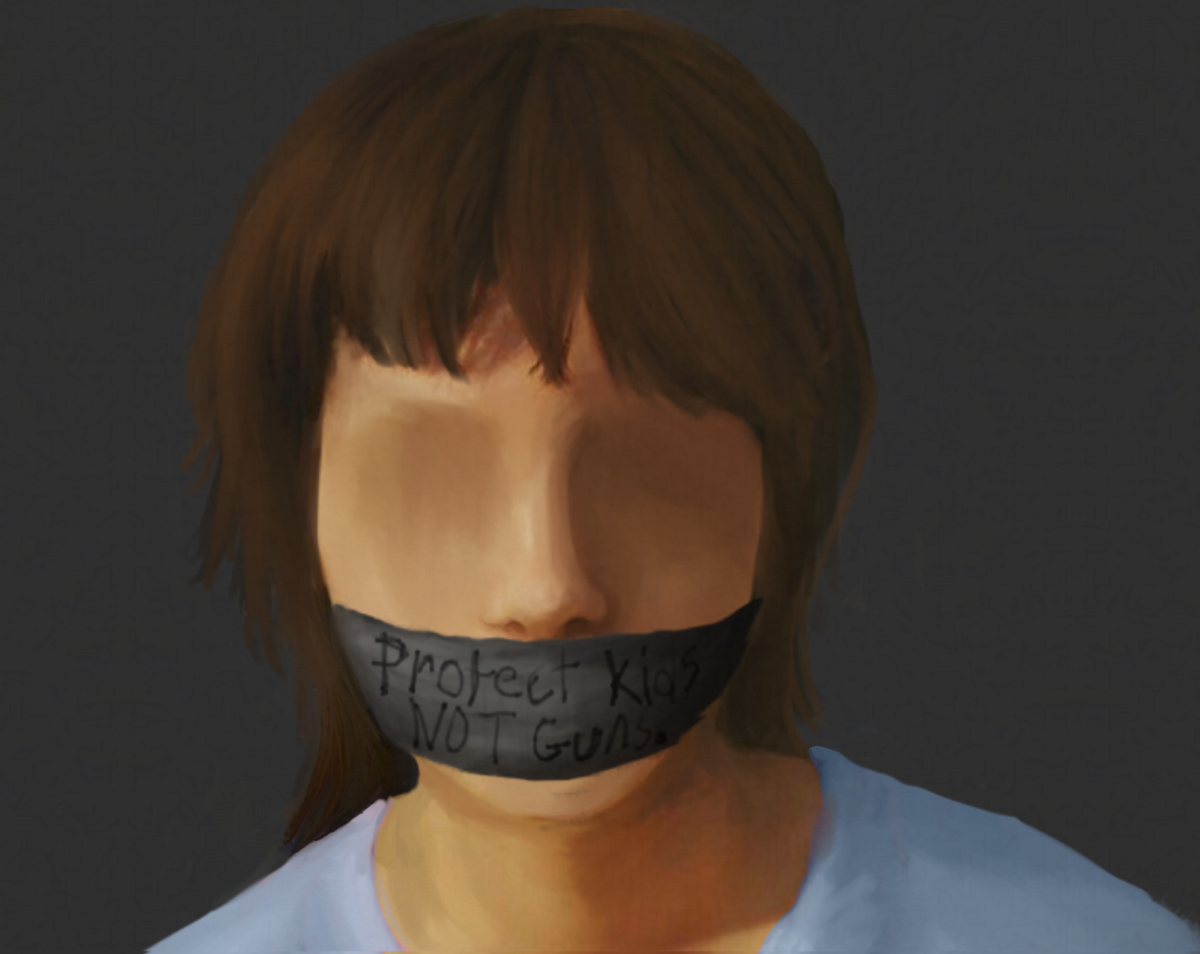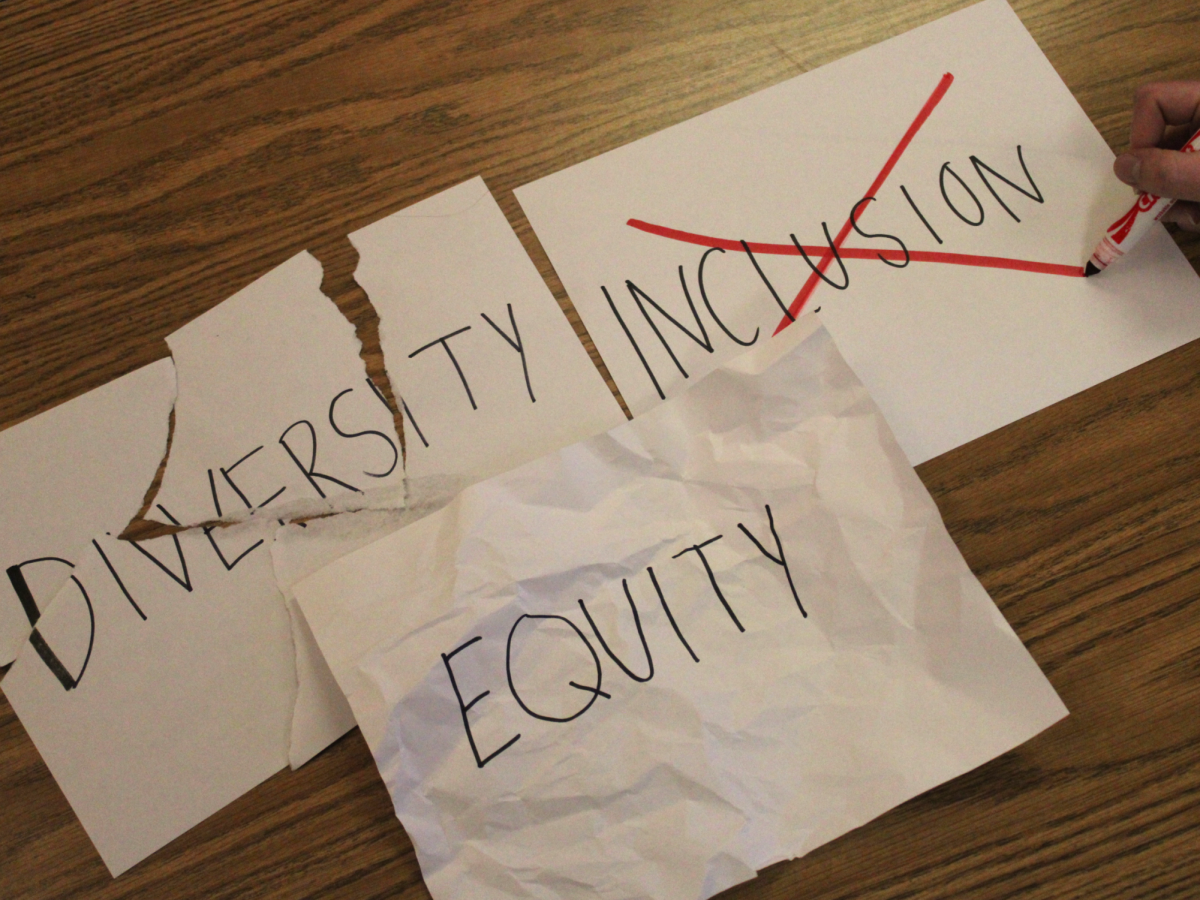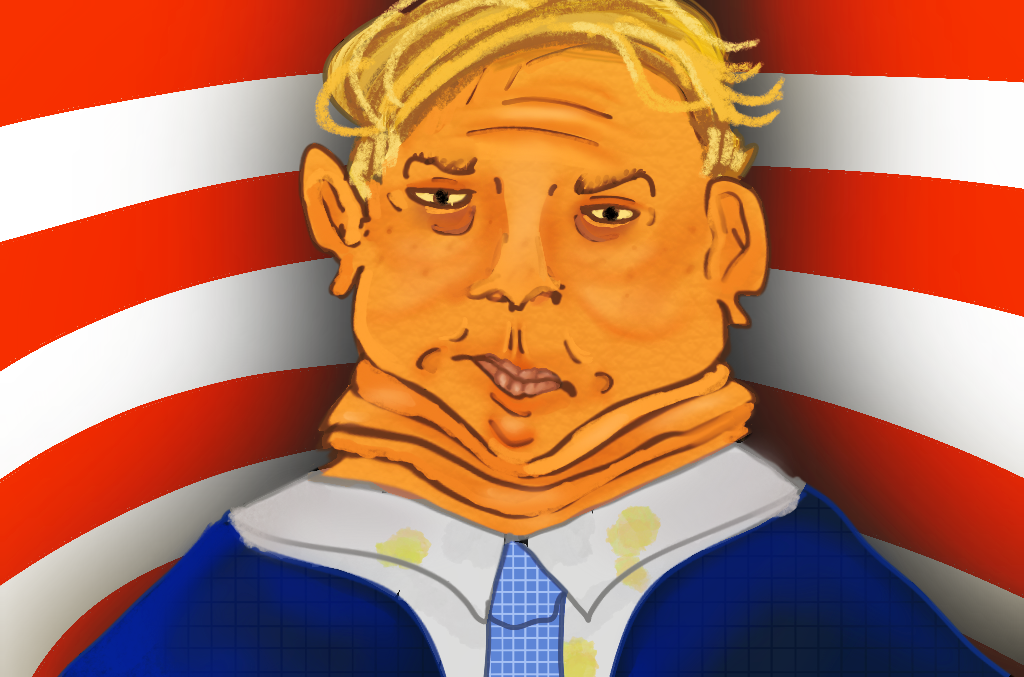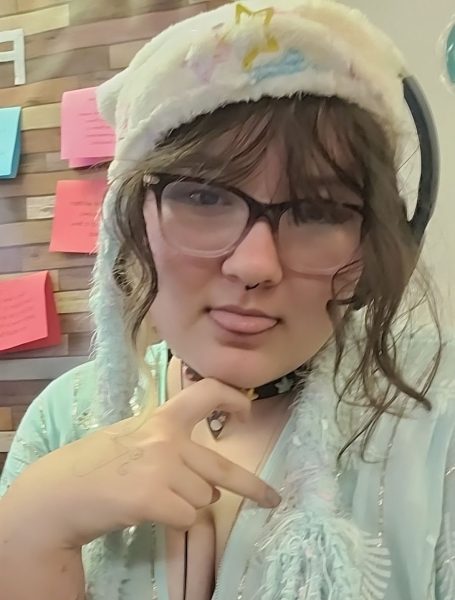In 2024, the First Amendment remains an arguably important aspect of the Bill of Rights. By allowing Americans to openly express themselves without fear of legal repercussions, the amendment provides security and reassurance to U.S. citizens. In the U.S., the atmosphere remains tense because students feel silenced by their administrators.
In light of potential protests, districts across the state provided lackluster alternatives to protesting. The protest aimed to argue against gun violence in schools and highlight the fact that preventative security measures remain a necessity that local governments do not provide. A moment of silence can hold significance, but thoughts and prayers can only extend so far. Additionally, while the administrators provided these options, not all teachers sectioned out class time to act on these options.
“We were not given enough time to actually write the letter or send an email. The topic was not brought up again afterward. I believe that schools in general do not provide room for all students because there will always be a few that are left out,” sophomore Emma Fitzgerald said.
When schools prevent a protest and only provide students with previously available options, it leaves them upset and critical of the county’s decisions. Schools around the U.S. do not foster quality communities or platforms for students to freely express themselves without fear of punishment.
However, a valid point stands. Administrators limit expression to keep students safe and prevent the breaking of school rules. After they prevented one form of protest, they provided the student body with other ways to express themselves. In addition to the alternatives provided, schools around the U.S. offer a multitude of clubs and extracurriculars to help students find community and express themselves freely.
“I would say you should be allowed to express yourself but that does not mean you can express yourself when it will negatively impact other people. You should be able to express yourself in writing because it is a less public forum and personal to you and your reader. But no, I do not think that everything is appropriate in an academic setting. If there are derogatory terms or personal attacks I will get on to, and punish, students for that. While you can disagree on the issue, it should be that you disagree on the issue not just with the other person,” sophomore Honors World Literature teacher Andrea Drake said.
However, punishing students for taking action for a cause they feel strongly about without providing any impactful alternatives only leads to further discourse. The original walk-out stood as a way for Georgia students to express unrest and outrage toward the lax gun laws in the state and the way those laws affect them. Georgia districts announced on the day of the walk-out, that anyone who participated would face punishment. These arguably questionable consequences including a minimum of suspension, dropped participation rates drastically and effectively canceled the walk-out. This sentiment was expressed by districts all over Georgia.
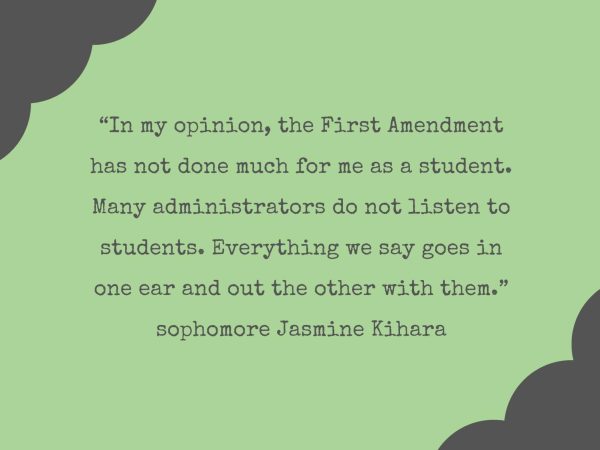
A significant portion of school districts in the U.S. limit student expression rather than supporting and empowering the voices of students. By shutting down the complaints of students, counties appear dismissive and uncaring, particularly without providing reasoning or fresh alternatives. For example, a handful of districts do not allow open protests against the administration during school hours, censor topics and cause students to feel ignored. The unrest these limitations cause remains evident in the dynamic between students and administrators. Students do not feel heard by school authority, and administration simply follows orders from the district, fostering interactions that appear less personal and students become increasingly fearful of repercussions imposed by the county. Administrators hold virtually no say in what the county deems effective punishment, but it still strains the relationship they maintain with students.
“If I did not have the First Amendment right, I would not be allowed to write about the topics I want to write about. I feel judged by my peers in certain clubs and situations. I do not feel heard by the administrators. I believe that many students in the U.S., have many instances where the administration has not listened to them or helped them, ” Fitzgerald said.




